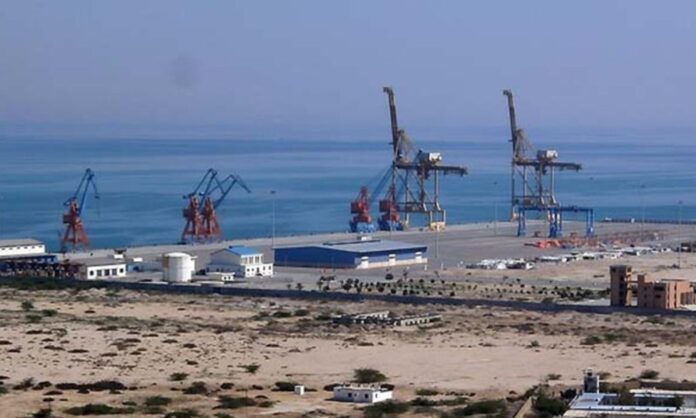Pakistan’s National Assembly was informed on Monday that Gwadar Port, a much-touted “jewel in the crown” of the China-Pakistan Economic Corridor (CPEC), was now “fully operational.” Wajiha Qamar, parliamentary secretary for Planning, Development, and Special Initiatives announced this while describing the port as capable of “all kinds of cargo,” namely general cargo, containers, as well as bulk shipments.
Strategic Significance and Long-Term Expansion Plans
Gwadar sits on the Arabian Sea of the southwestern province of Pakistan, Balochistan. Its deep-sea port is considered to have strategic value for Pakistan and China equally since it sits as a nodal point right through the international trade lines. It is also a corner piece in China’s long-term plans for the Belt Road strategy. Gwadar enjoys the most ambitious planning since C.O.P.H.C oversees the administration of this project at Gwadar. The company is keen to boost the throughput of the port to 400 million tons per year and to develop up to 100 berths by 2045.

Currently, Gwadar is underutilised for importing and exporting because of numerous challenges. It is far from the main commercial centres in Pakistan since it has security issues, and other services are limited. Despite this, the cargo handled at the port is less than expected. Efforts are being made to make the port operational and facilitate commercial trade.
Government Initiatives to Boost Cargo Traffic
In March 2024, Prime Minister Shehbaz Sharif issued an order requiring 50% of all public sector cargo to be routed through Gwadar, a directive approved by the Cabinet in September. This move is going to significantly increase the port’s role in Pakistan’s economy.

Despite the port’s promise, the region remains unstable. Gwadar is situated in Balochistan, a province that has witnessed decades of separatist insurgency. Earlier this year, security forces foiled an attack on a Gwadar complex, killing several militants and soldiers. Furthermore, a suicide bombing in March targeted Chinese engineers in Khyber Pakhtunkhwa, raising concerns over the safety of Chinese workers and investments in the region.
Gwadar’s Growing Role in Regional Trade
Still, Gwadar has remained the focal point of Pakistan’s economic and geopolitical aspirations. The port has also made shipments possible under the Afghanistan-Pakistan Transit Trade Agreement, establishing its significance in regional trade.
Read More: Gwadar International Airport: Pakistan’s Global Growth Gateway
Moving into the future, Gwadar will have to be a pivotal piece in Pakistan’s aim toward a flourishing, cosmopolitan maritime trade hub. Considering the vast investment and extended infrastructures, this port would become a vital centre within regional and international trading hubs.
Stay tuned to Brandsynario for latest news and updates.












































